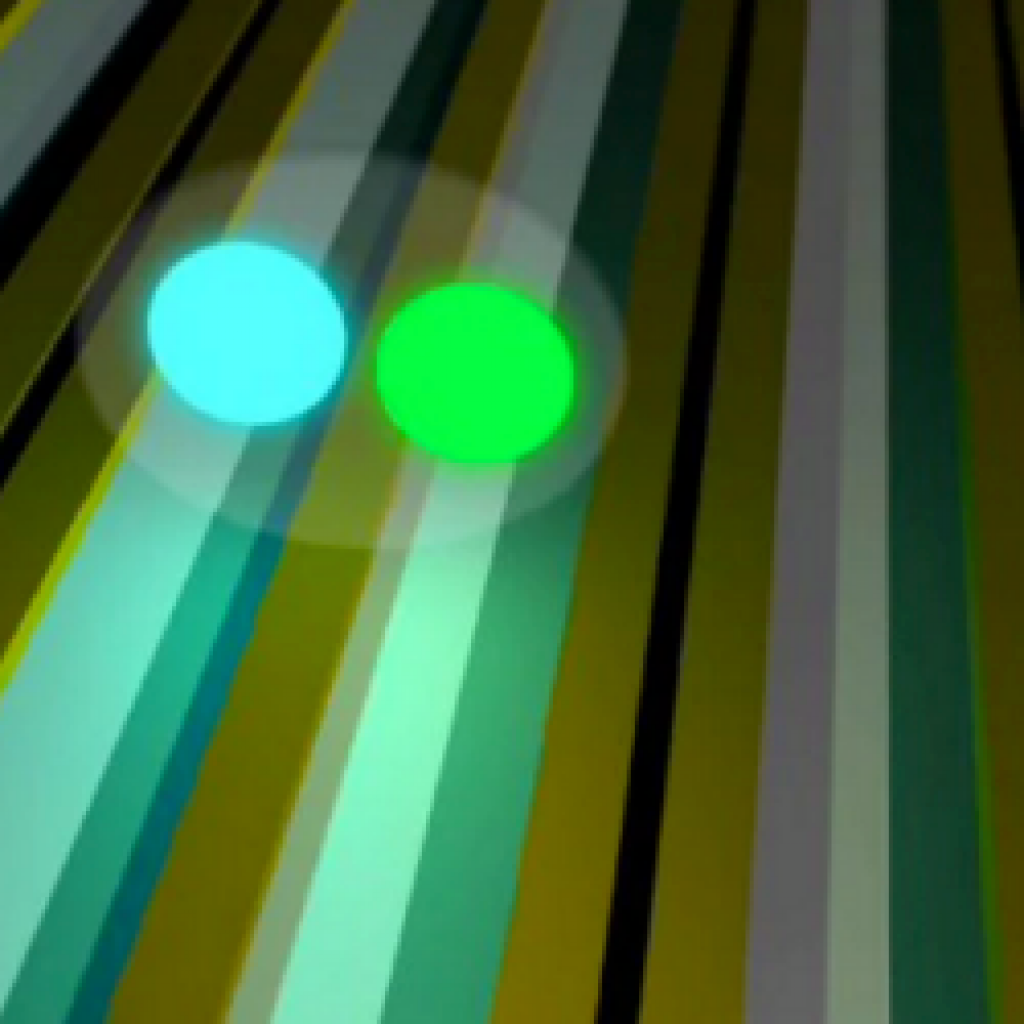(SciTech) Researchers from the U.S. Army Combat Capabilities Development Command’s Army Research Laboratory, working alongside professors from the Massachusetts Institute of Technology became the first to demonstrate the feasibility of a quantum logic gate comprised of photonic circuits and optical crystals.
“If future devices that use quantum technologies will require cooling to very cold temperatures, then this will make them expensive, bulky, and power hungry,” Heuck said. “Our research is aimed at developing future photonic circuits that will be able to manipulate the entanglement required for quantum devices at room temperature.”
Unfortunately, one of the major drawbacks of quantum systems is the fragility of the strange states of the qubits. Most prospective hardware for quantum technology must be kept at extremely cold temperatures—close to zero kelvins—to prevent the special states being destroyed by interacting with the computer’s environment.
“Any interaction that a qubit has with anything else in its environment will start to distort its quantum state,” Jacobs said. “For example, if the environment is a gas of particles, then keeping it very cold keeps the gas molecules moving slowly, so they don’t crash into the quantum circuits as much.”
Researchers Demo the Feasibility of a Quantum Logic Gate Using Photonic Circuit Components
